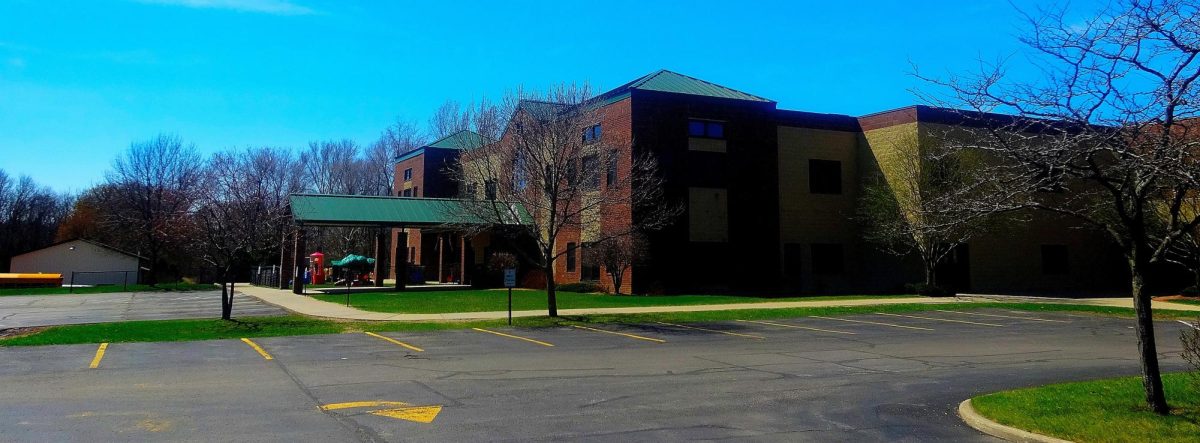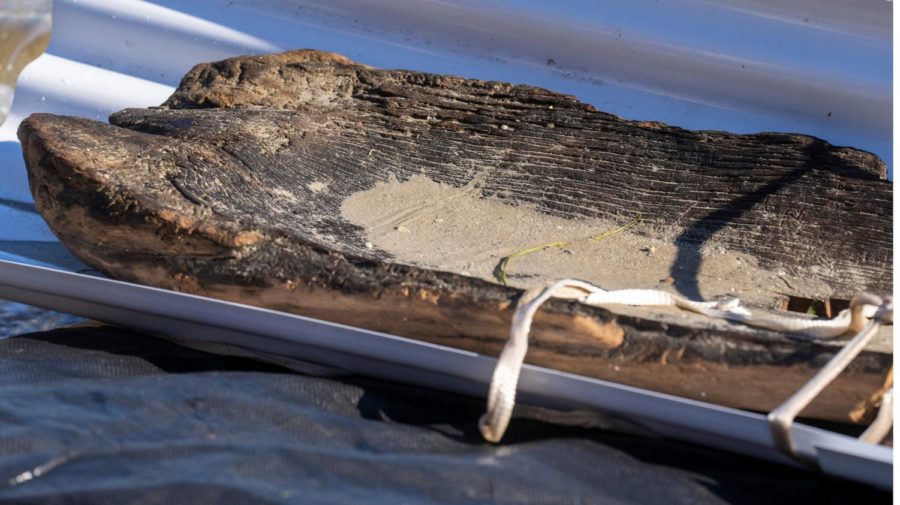Second Ancient Native American Dugout Canoe Found in Lake Mendota
October 27, 2022
Marine archaeologist Tamara Thompson was somewhat surprised when she discovered a canoe of Native American origin dating back 1,200 years in November of 2021. More of a surprise however, came when, less than 12 months after the previous find, Thompson found a second canoe while recreationally diving in Lake Mendota during May of 2022. Being a member of the Wisconsin Historical Society, Thompson reported the find, and in September of 2022, in conjunction with Native American nations, helped to remove the remains of the canoe from Lake Mendota. Even older than the previous find, the canoe is a dugout, cut from a single piece of 14.5 foot white oak tree. Radiocarbon dating tests have revealed that the newest canoe originated about 1,000 BCE, making it 3,000 years old, and older than any other canoe found in the area by about 1,000 years.
Both of these discoveries have prompted extensive research opportunities as, given the fact that the canoes were found less than 100 yards away from each other, in a lake bed drop-off, the theory exists that this could have been the site of an ancient village. This canoe can allow scientists and historians involved with the project to better understand not only how water levels have changed over time in the Madison area, but also the history and culture of the Native American tribes that lived here. This is especially important to the modern story of Native Americans in Wisconsin, as both the Ho-Chunk Nation, and Bad River Tribe were involved in transporting the canoe. In a statement, Marlon WhiteEagle, the Ho-Chunk president, noted that “The recovery of this canoe built by our ancestors gives further physical proof that Native people have occupied Teejop (Four Lakes) for millennia, that our ancestral lands are here and we had a developed society of transportation, trade and commerce.” An important part of this discovery for the Native Americans involved is honoring their ancestors and history, especially of those who created the canoes.
Governor Tony Evers also expressed interest in both the scientific findings the canoes could bring and in celebrating Indigenous history with Tribal Nations.
In terms of the scientific processes this ancient dugout is going through, it initially was hand excavated in the lake before being carefully removed. Soon after it was transported to the State Archive Preservation Facility, conveniently located right in Madison, as when traveling outside of water, the canoe’s centuries-old wood could start to crumble. Following this transfer, the canoe will be cleaned by both staff members of the Historical Society, as well as Native American tribal members, just before being submerged into a preservation vat with the other recently found canoe. Both canoes are now in a two-year-long process where they will be preserved, eventually being freeze-dried in order to remove water and prevent deterioration.

















































![Image credit to [puamelia]](https://memorialswordandshield.com/wp-content/uploads/2025/08/3435027358_ef87531f0b_o-1200x803.jpg)


